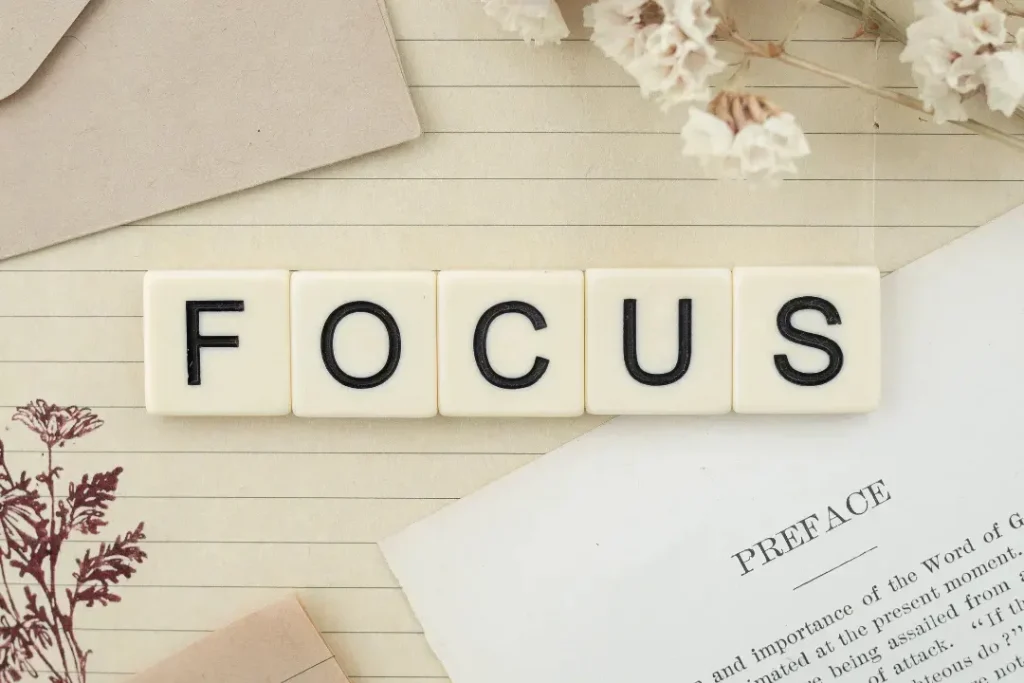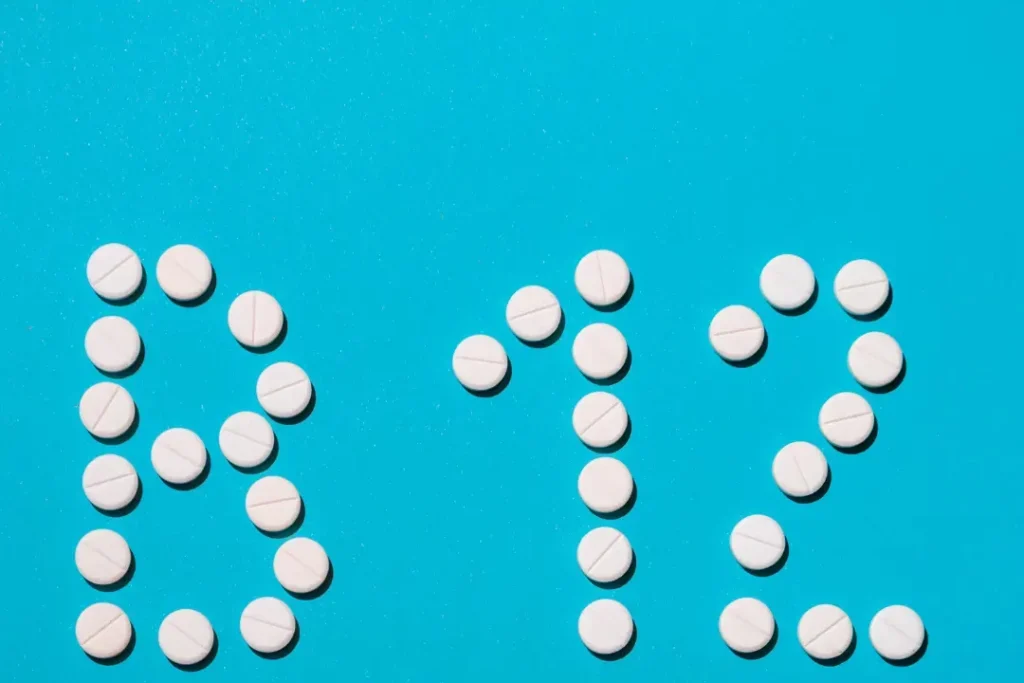Discover Your Brain’s True Potential: The Top Nootropics for Enhanced Cognitive Function and Focus
Nootropics, also known as “smart drugs,” are revolutionizing brain health and cognition. If you’re looking to boost memory, focus, and mental sharpness, these cognitive enhancers are worth exploring. Natural wonders like Bacopa monnieri and lion’s mane mushroom have gained popularity for their memory-enhancing effects, while synthetic options like piracetam and modafinil offer powerful cognitive support and the promise of sustained attention.
In the age of information overload and the increasing expectation to keep up with it, the edge associated with a sharper mind and increased mental bandwidth has never been more sought after. This desire for enhanced cognition and overall brain health has led to a spike in consumer interest in nootropics. But are these so-called “smart drugs” really the key to unlocking more brain power? Let’s look at how these cognitive enhancers work in our brains and how they can help us improve our brain health.
You May Also Like:
The 7 Most Powerful Huperzine A Brain Benefits
Battle of the Brain Boosters: Brain MD Omega 3 Power vs. Kori Krill Oil Mind & Body
Discover Your Brain’s True Potential: The Top Nootropics for Enhanced Cognitive Function and Focus is an original (NootropicsPlanet) article.
Unraveling the mechanisms of nootropics
The field of nootropics encompasses a range of substances that include both natural and synthetic compounds that have been shown to enhance abilities such as mental acuity, memory, creativity, and overall brain health. These drugs hold enormous potential for helping us remember important details, maintain consistent focus, and work through complex tasks in our daily lives with relative ease.

What are the top nootropics, and how do they work?:
An overview
Caffeine may not have been on your list of groundbreaking “smart drugs,” but it is one of the most broadly used nootropics. When combined in proper dosage with L-theanine, an amino acid in tea and coffee that can counter the jitters caused by caffeine, the effect is improved alertness and expanded focus. A broad array of research studies has shown that combining the two can offer a dependable boost to attention span and overall focus.
Next up is Bacopa monnieri. This natural herb has been used in traditional medicine for centuries. Numerous studies have revealed its potential to reduce anxiety and enhance memory by supporting nerve and cell communication, making it a popular choice for those seeking a cognitive boost.
Lion’s mane mushroom, with its fascinating resemblance to a lion’s mane, has increasingly found itself in the spotlight thanks to its studied potential to boost brain health and ward off age-related cognitive decline. Lion’s mane contains hericenones and erinacines, which stimulate brain cell growth and enhance nerve cell production in the brain.
Omega-3 fatty acids are not often categorized as nootropics, but it’s worth mentioning them here as these fatty acids found in fatty fish and widely available in supplement form play an essential role in supporting brain health. The fatty acid known as DHA, in particular, is critical in maintaining the structure and function of brain cell membranes and has been shown to play a role in mood enhancement and overall brain health.
Unfortunately, many Americans believe regular egg and fortified milk consumption is enough to meet daily requirements. However, studies show that around 70 percent are deficient. Increasing seafood and fatty fish consumption can help. Still, the wide availability of safe, effective supplements can also bridge the gap.
Modafinil, available only by prescription in most countries, has historically been prescribed for those suffering from sleep-related disorders such as narcolepsy and obstructive sleep apnea. It has also gained recent attention as a cognitive enhancer for individuals undertaking demanding tasks that require advanced focus and attention. The drug works on the central nervous system to promote daytime wakefulness.
Finally, piracetam was first launched in Europe in 1971 and was the first drug labeled a nootropic. The drug was used mainly to combat age-related decline by influencing neurotransmitters and improving blood flow to the brain. However, the drug is not without its detractors. Though research is ongoing, this nootropic’s side effects, including agitation, anxiety, and depression, as well as its negligible returns in the arena of benefits, have most experts promoting safer and more effective options.
One such option is supplementing Omega-3 fatty acids to address issues surrounding age-related decline. Although enforcement is limited, and the drug can still be found in certain supplements, the FDA has outlawed the sale of piracetam as a dietary supplement. Pending further research, this one is best avoided as a nootropic.

Skip the piracetam and try an Omega-3 fatty acid supplement
Not to worry, though. Omega-3 fatty acid supplements are an excellent piracetam stand-in for enhancing cognitive function and heart and skin health. Kori Krill Oil is a stand-out Omega-3 fatty acid supplement proven safe and widely acknowledged for its efficacy. Their supplements are available in different formulations, such as Mind and Body, which includes lutein, zeaxanthin, and vitamin B12 to support memory function and the nervous system, and Stress and Body with added ashwagandha for mood enhancement.
Kori Krill Oil supplements are all third-party tested and certified sustainable by the Marine Stewardship Council, and the krill used is 100 percent GPS traceable to its origin point of harvest. Additionally, the operations behind Kori Krill Oil is the only fishery to receive an A grade from the Sustainable Fisheries Partnership.
Kori’s CEO, Nancy Chan, sees her position as “an opportunity to really make a difference in the health and wellness of Americans,” and the brand’s commitment extends beyond individual human health to the health of the planet and the world’s oceans.

Nootropics and their role in navigating the path to better brain health
The field of nootropics and the search for better brain health culminates in an intersection between science and natural human curiosity. We all want brighter minds with sharper focus and enhanced cognitive prowess. Science seems to point to a future where all this is possible. The landscape is broad and ever-in-flux, from natural compounds to prescription medication, but the future looks bright. Of course, it’s always advisable to choose your products carefully, maintain realistic expectations, and incorporate a healthy lifestyle that balances nutrition, physical activity, and proper sleep. The right combination of healthy life habits and quality nootropics can improve your chances for a stronger mind and body.

For further reading:
Alzheimer’s Society: Omega-3s and Dementia
National Library of Medicine: Who Wants to Enhance Their Cognitive Abilities? Potential Predictors of the Acceptance of Cognitive Enhancement
Cleveland Clinic Journal of Medicine: Narcolepsy: Diagnosis and Management, by Erin C. Golden, MD and Melissa C. Lipford, MD
Important Note: The information contained in this article is for general informational purposes only and should not be construed as health or medical advice, nor is it intended to diagnose, prevent, treat, or cure any disease or health condition. Before embarking on any diet, fitness regimen, or program of nutritional supplementation, it is advisable to consult your health care professional to determine its safety and probable efficacy in terms of your individual state of health.
Regarding Nutritional Supplements or Other Non-Prescription Health Products: If any nutritional supplements or other non-prescription health products are mentioned in the foregoing article, any claims or statements made about them have not been evaluated by the U.S. Food and Drug Administration, and such nutritional supplements or other health products are not intended to diagnose, treat, cure, or prevent any disease.


